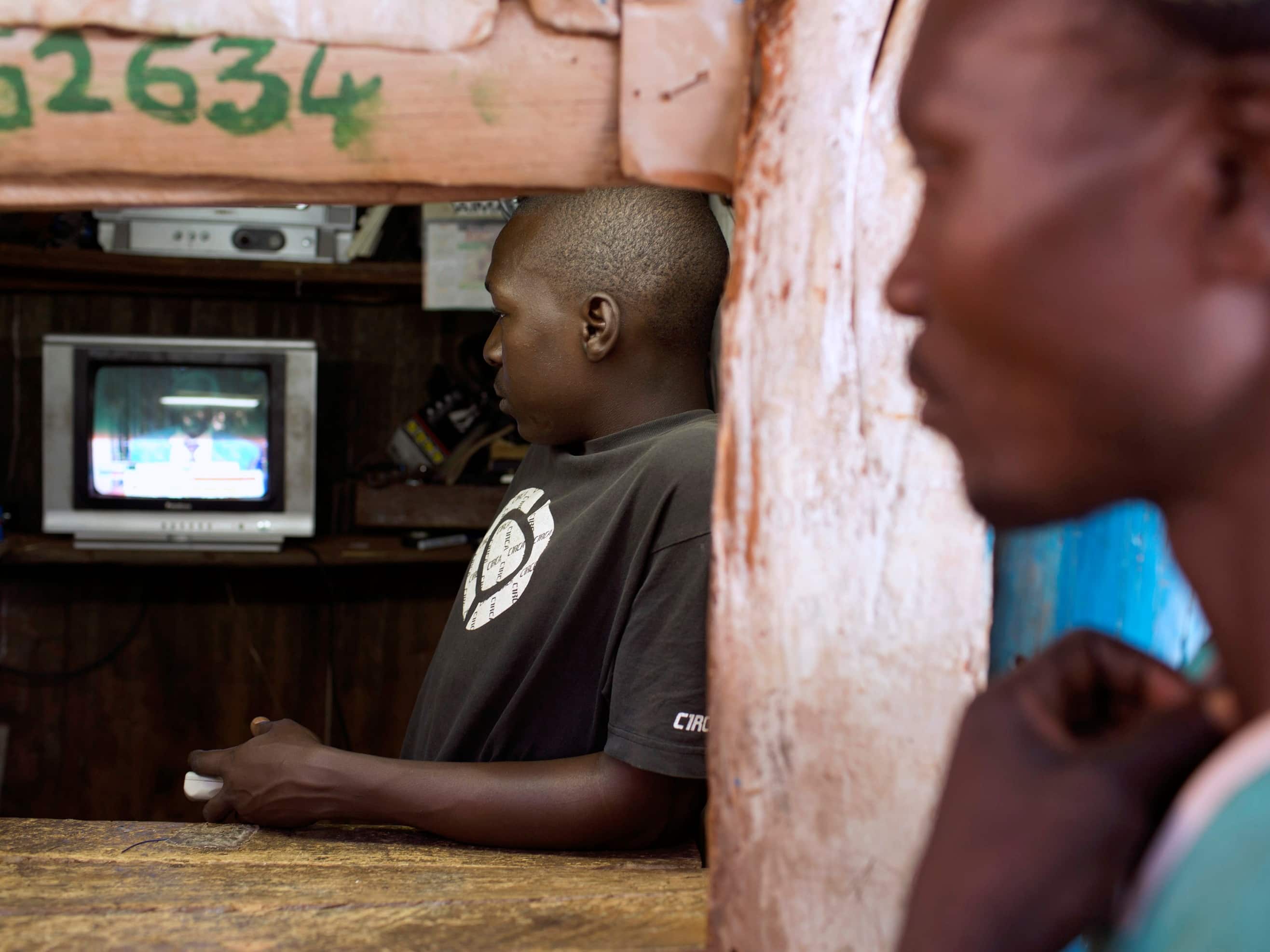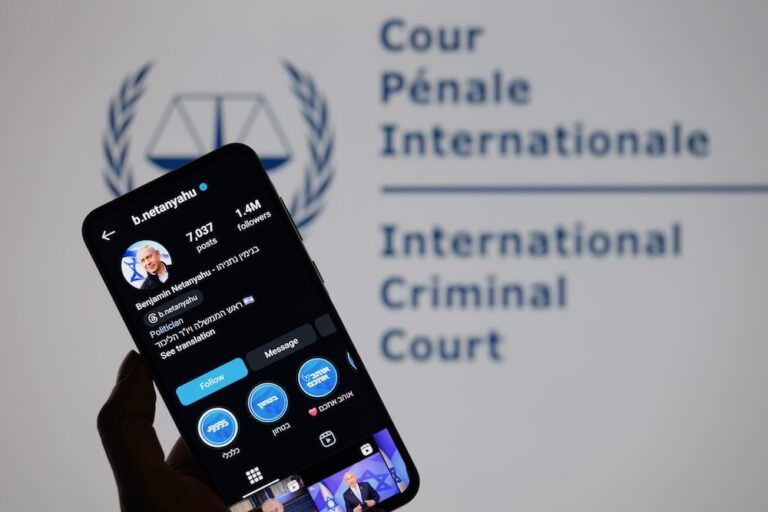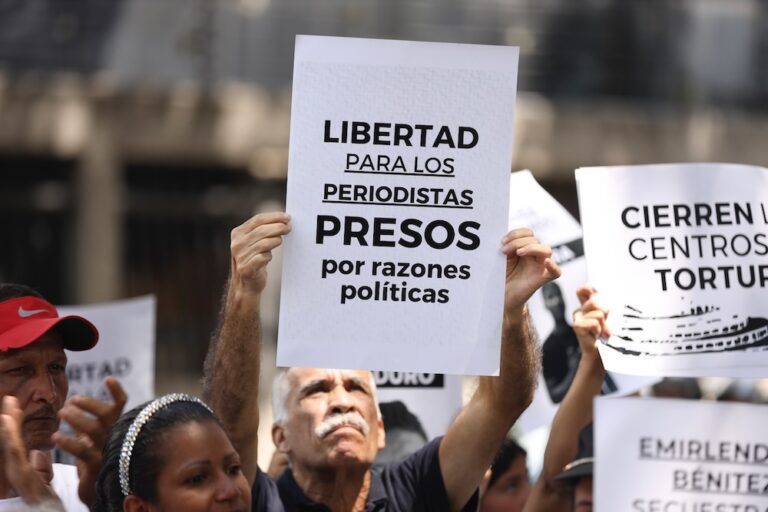A joint declaration by the four special rapporteurs makes a series of recommendations to states addressing the digital transition process.
On 3 May 2013, international experts mandated by the UN, African Union, Organization of American States and the Organization for Security and Co-operation in Europe jointly called for states to better protect fundamental human rights, including the right to freedom of expression, when managing the digital switchover.
The Joint Declaration on The Digital Terrestrial Transition by the four special rapporteurs, officials appointed to investigate and report on free expression issues, has been produced with the assistance of ARTICLE 19.
It sets out the important role of broadcast services, for ensuring the free flow of information and ideas in society – and makes a series of recommendations to states addressing the digital transition process. The statement follows concerns that commercial and political considerations have dominated discussions and policy making regarding the digital transition, to the detriment of freedom of expression.
Digital terrestrial transition, often referred to as the digital switchover, is the process of moving from a system of analogue broadcasting signals to digital transmissions. Newly manufactured digital televisions include the technology needed to receive the new signals, but older analogue televisions require a special set top box in order to pick up these signals.
“Digital migration poses a great number of technical and economic questions for states, but these issues cannot and must not sideline social and political considerations. This statement reflects just how crucial it is for states to consider how the digital switchover impacts on the right to freedom of expression of all people” said Agnes Callamard, Executive Director of ARTICLE 19, the global campaign for freedom of expression.
“An independent and diverse media that is accessible is absolutely essential for a healthy democratic society and for development – and digitalisation should promote greater pluralism and encourage a more diverse media landscape. Audiences need to be given information about what they need to do to continue receiving broadcast services and should not be priced out being able to access services by overly expensive set top boxes” she added.
Digital signals take up less airspace than analogue signals, which means more space will be available on the broadcasting spectrum. This will allow for more television channels – but also provides space on the spectrum for other wireless devices – such as those used for air travel, cellular phones or defence technology.
In 2006 states agreed to complete digital switchover by 2015.
Recommendations to states in the joint statement include, but are not limited to:
* Consider the overall public interest of the digital transition, including protecting and promoting the right to freedom of expression.
* Decision-making should be transparent and involve wide consultation from all groups that will be affected.
* Diversity should be a mandatory consideration in decision-making process to ensure a broadcasting environment that caters for all groups in society.
* A digital transition deadline has only been set for television services, and states should not rush to switch off analogue radio transmissions.
* The transition should not promote a greater or undue concentration of media ownership or control.
* The cost of transition should be limited for audiences, including subsidies for poorer households.
* States should provide public education and support throughout the transition process.
* Particular attention should be given to ensuring public service and local and community broadcasters can continue to their work, which may involve considering the provision of subsidies.
The four international special rapporteurs on freedom of expression are: Frank La Rue, United Nations Special Rapporteur on Freedom of Opinion and Expression; Dunja Mijatovic, the Representative on Freedom of the Media of the Organisation for Security and Cooperation
in Europe; Catalina Botero, Special Rapporteur on Freedom of Expression for the Organisation of American States; and Pansy Tlakula, Special Rapporteur on Freedom of Expression and Access to Information for the African Commission on Human and People’s Rights.
The 2013 Joint Declaration was launched in San Jose, Costa Rica at the UNESCO World Press Freedom Day International Conference. ARTICLE 19 has been coordinating the drafting of these Joint Declarations since 1999.
Click here for the joint declaration.



